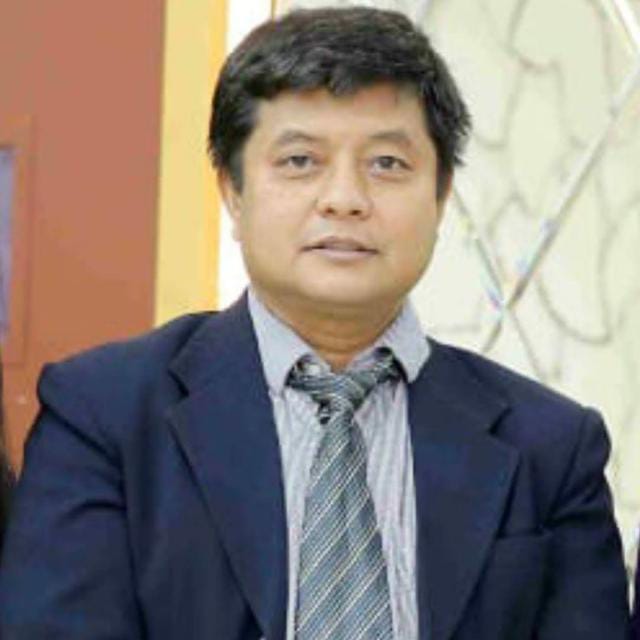Articles
"Celebrating 50 Years of Fr. Niphot’s Walk with Indigenous Wisdom"
Opinion | Articles | James Pochury | 02-Jan-2025

For five decades, Fr. Niphot Thianwihan of Chiang Mai, Thailand, has walked side by side with the Indigenous Karen people, learning and living their profound wisdom. His journey resonates deeply with the realities of the tribes and Indigenous peoples of Northeast India, who share similar values of living in harmony with nature and community.
This video and perspective are shared here as an invitation to reflect on a new way of being Church. Pope Francis has recognized the primacy of Indigenous peoples as guardians of biodiversity—80% of the world’s biodiversity survives because of just 5% of Indigenous populations. Additionally, 80% of global food security is ensured by smallholder farmers, among whom Indigenous peoples are significant contributors. These truths emphasize the critical role Indigenous communities play in shaping a sustainable and just future for the world.
From the Karen people, tribes, and Indigenous peoples of Northeast India, Fr. Niphot learned:
Harmony with Nature
The Karen, along with the tribes and Indigenous peoples of Northeast India, believe in a sacred covenant with the land, much like Pope Francis reminds us in Laudato Si’ that "the earth herself... is among the most abandoned and maltreated of our poor" (LS 2). Their sustainable practices echo Francis’ call for ecological conversion—one that respects the delicate balance of creation.
Time as Rhythm
Their life flows with the rhythm of nature, free from the tyranny of clocks. In Evangelii Gaudium, Pope Francis urges us to resist the “frenzy of activity” (EG 82) and embrace contemplative moments. Fr. Niphot’s journey shows how these rhythms allow us to hear both the heartbeat of the earth and the voice of God.
Collective Well-being
The Karen and the Indigenous peoples of Northeast India live by communal values, reflecting what Francis envisions in Fratelli Tutti: a fraternity where "each person is sacred" (FT 106) and no one is left behind. Fr. Niphot witnessed how their generosity, even in poverty, holds lessons for a world consumed by individualism.
The Spirit of Place
Sacred spaces in Karen villages and among the Indigenous peoples of Northeast India remind us of Pope Francis’ words in Querida Amazonia: "It is not only human beings who praise God; the very places are also His caresses" (QA 56). These sacred spaces teach humility and gratitude for creation as a gift, not a possession.
Wisdom in Simplicity
The Karen’s and the Indigenous peoples’ simple yet profound way of life resonates with Laudato Si’: “Less is more” (LS 222). Fr. Niphot saw how their care for what is necessary—not excessive—can transform the global culture of waste into one of care and love.
As we honour Fr. Niphot’s 50 years of dedication, let us, too, be inspired by the wisdom of our Indigenous ancestors. Pope Francis reminds us that Indigenous peoples are “custodians of a unique cultural richness” (QA 32), and their voices are essential for healing the earth and humanity.
In the Indigenous dioceses of Northeast India, let us walk the same path of guardianship, sustaining our identity, our forests, and our shared community. Together, we can embody the harmony, simplicity, and interconnectedness that Fr. Niphot and Pope Francis call us to live.
________________
James Pochury is the convenor of the North East Catholic Research Forum. He is now based in Bangkok, Thailand, and works closely with Indigenous groups working on conservation of natural resources.
Visitor comments
John Doe
04-Jan-2025
Celebrating 50 Years of Fr. Niphot’s Walk with Indigenous Wisdom
Leave a comment

Alcina Carvalho dos Reis Araujo
23-May-2025
A beautiful tribute to Fr. Niphot’s 50-year journey with the Karen people. His life reminds us of the deep wisdom Indigenous communities hold—wisdom that speaks to harmony, simplicity, and care for creation. May we in Northeast India walk the same path of guardianship and shared humanity.